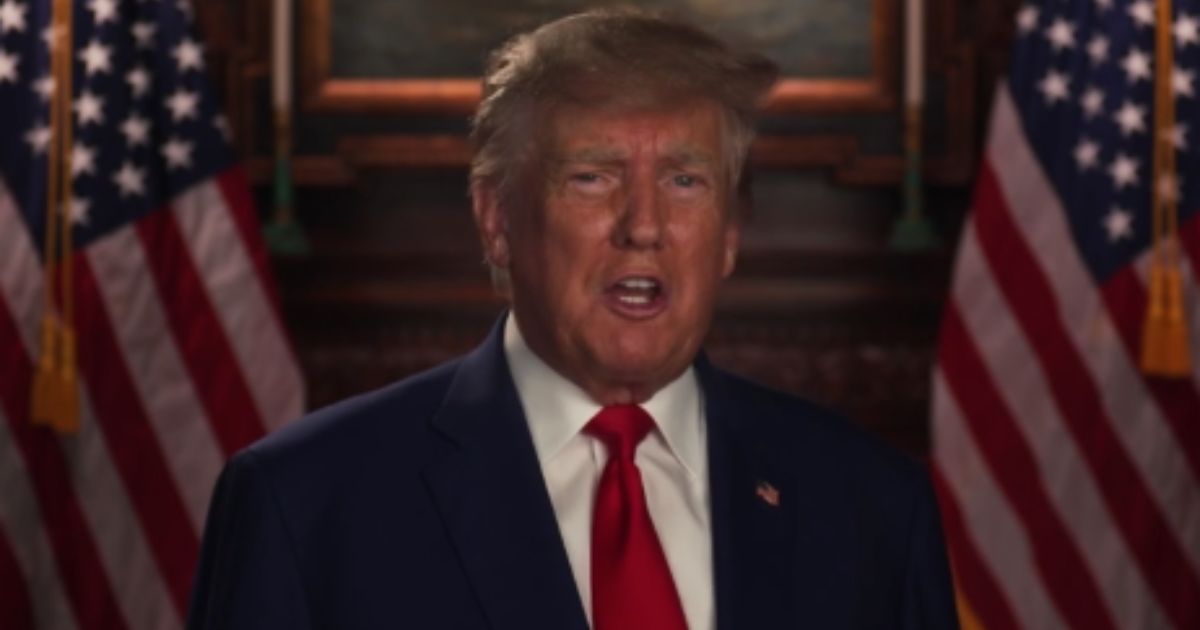Pastor faces legal action for preaching near abortion clinic
A retired pastor in Northern Ireland, Clive Johnston, is being prosecuted after holding a sermon near an abortion clinic's buffer zone, raising significant questions about religious freedom and legal boundaries.
In a case that highlights the tension between public order legislation and free speech, a 76-year-old retired pastor faces legal challenges for his preaching activities outside a Northern Ireland hospital, WorldNetDaily reported.
The Context of the Incident
On July 7, 2024, Clive Johnston, a former president of the Association of Baptist Churches in Ireland, conducted an open-air service. He held the service on the opposite side of a dual carriageway from Causeway Hospital in Coleraine, within a buffer zone designed to protect those accessing abortion services.
Johnston led the sermon with hymns and displayed a wooden cross while about a dozen attendees participated. Authorities interpreted this gathering as a protest due to its proximity to the clinic, even though Johnston did not specifically mention abortion in his sermon.
The Abortion Services (Safe Access Zones) Act classifies such acts as attempts to influence individuals seeking abortion services, leading authorities to charge Johnston with two specific offenses.
Legal Implications and Public Reaction
The charges against Johnston suggest he acted in violation of buffer zone regulations by not dispersing when requested by the police. His sermon centered around John 3:16, a well-known Bible verse, without linking it to abortion rhetoric.
If convicted, Johnston could receive a criminal record and potential fines, a scenario that has drawn attention and support for Johnston from various community and religious groups. He expressed gratitude for the public support and media attention, emphasizing the unexpected backing his case has received.
Simon Calvert, Deputy Director of The Christian Institute, which represents Johnston, has publicly criticized the charges. Calvert argues that the enforcement of the law in this instance misinterprets its intended purpose and unjustly limits freedoms central to a democratic society.
Freedom of Speech Versus Legal Boundaries
"Should a law designed to stop abortion protests be used to criminalize Gospel preaching?" Calvert posed during a media engagement. He advocates for the continued freedom to preach the Gospel, suggesting that the legal system is overreaching by categorizing Johnston's sermon as a protest.
Calvert also noted that the lack of direct reference to abortion in Johnston's speech should exempt it from being classified under the constraints of the buffer zone law. "It's just not reasonable or rational to suggest that preaching the Gospel, with no reference to abortion, is a protest against abortion," he added, detailing the perceived overstep by authorities.
The Christian Institute has taken an active role in the legal defense, emphasizing the broader implications for gospel freedom in the country and the potential setting of a worrying precedent if Johnston is convicted.
Community Response and Legal Outcomes Awaited
Community and religious groups have rallied around Johnston, viewing his case as a pivotal moment for religious expression in public spaces. The outcome of the case could influence how similar incidents are handled in the future, impacting the interaction between law enforcement, legal rights, and individual freedoms.
Calvert urged political backers of the buffer zones to clarify their intentions, hinting that their support could influence the prosecutorial process and possibly lead to a reevaluation of the case against Johnston.
"If there had been anti-abortion placards on display, or if Clive had made side-swipes at abortion, I could understand the police interest," Calvert concluded, stressing that the actual activities during the sermon did not directly address abortion, further complicating the legal rationale behind the prosecution.
Awaiting a Decision: Implications for Religious Freedom
The case continues to develop, with the legal proceedings expected to clarify not only Johnston’s fate but also set a precedent for how religious activities are conducted near sensitive areas like abortion clinics. Both the public and legal experts are keenly watching, considering the potential ramifications on freedom of speech and religious expression across the UK.
As the court deliberates on the matters at hand, the broader community remains engaged, anticipating decisions that could redefine the boundaries of lawful protest and religious preaching in Northern Ireland.





